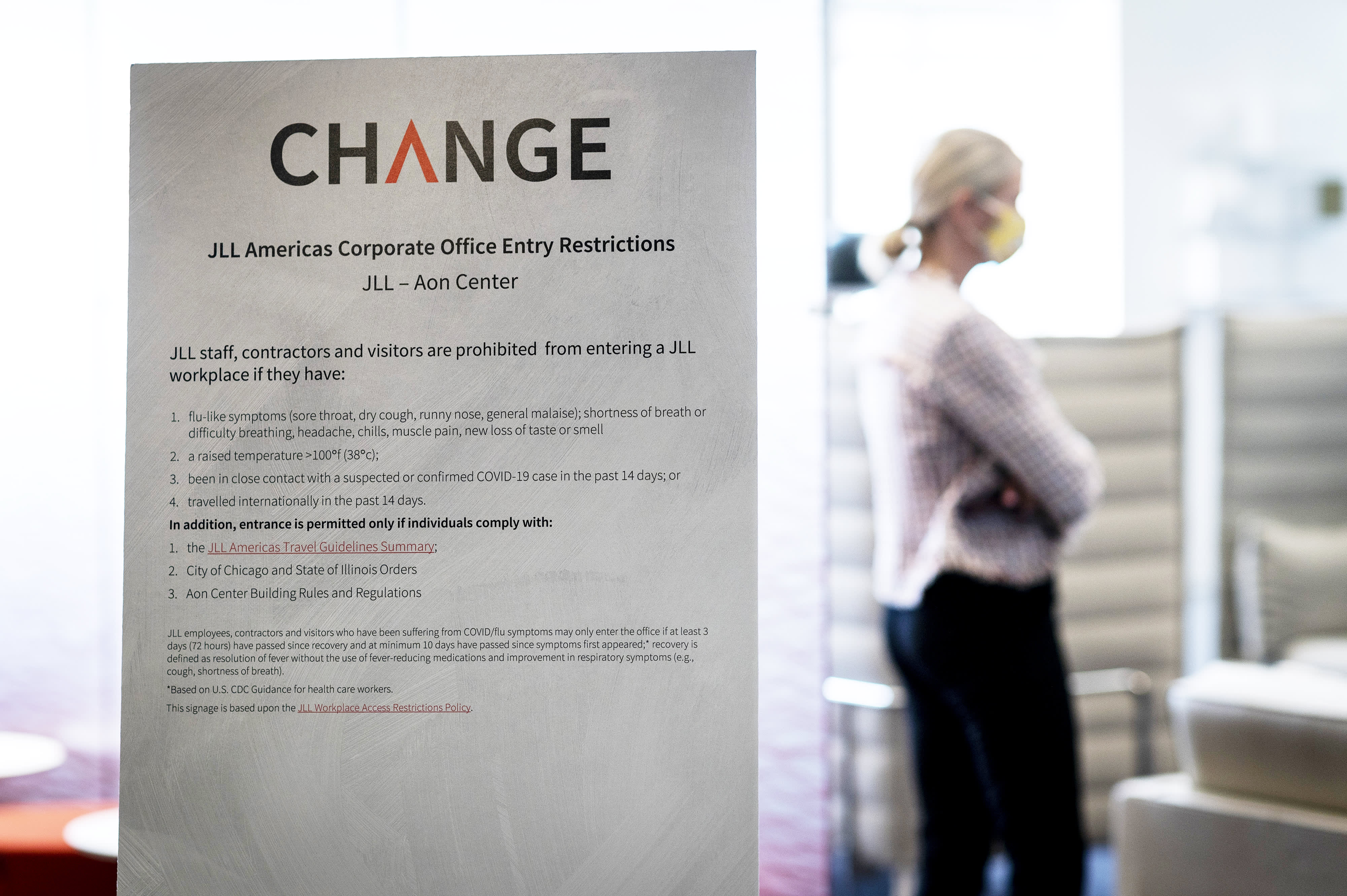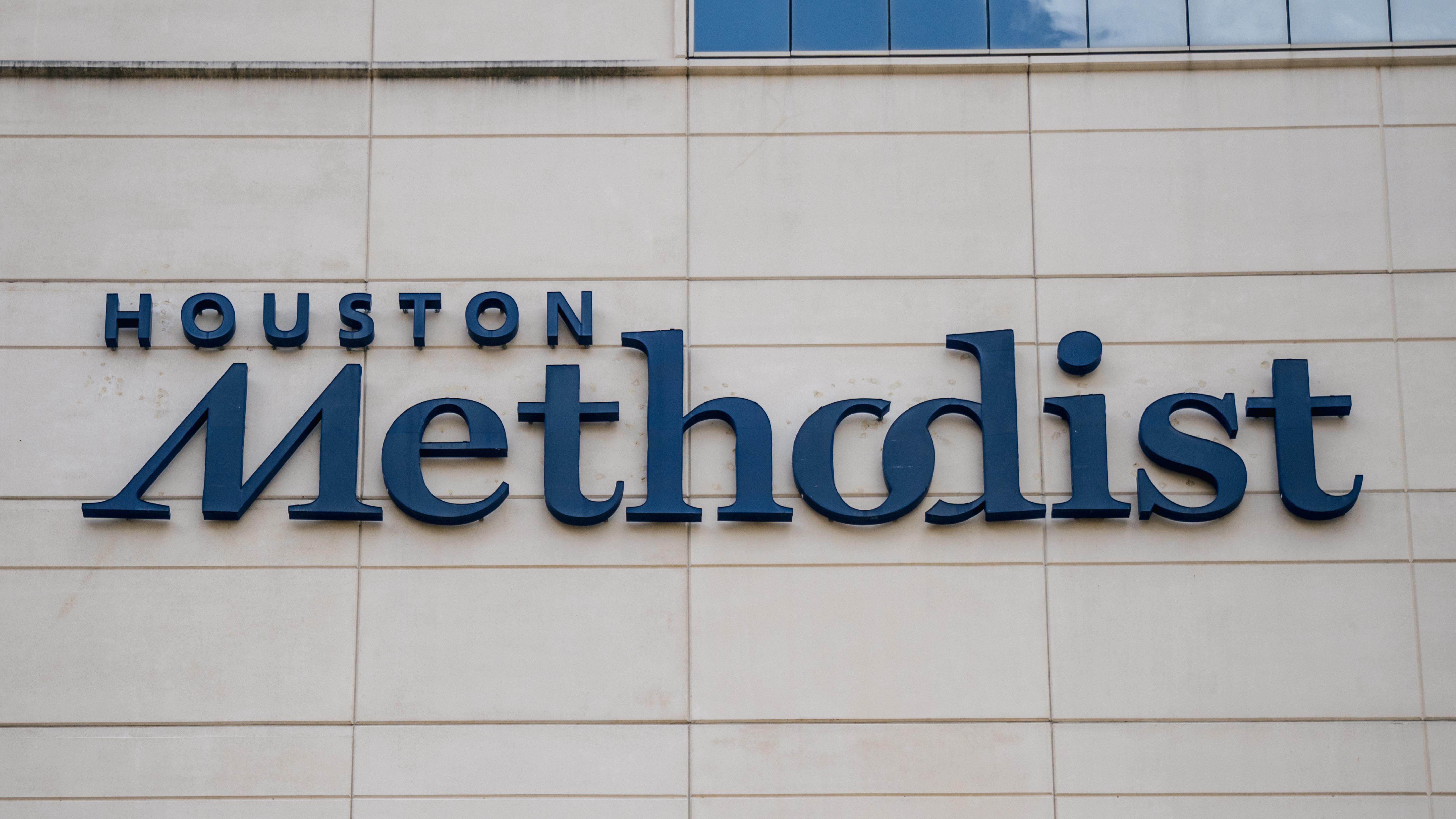Three major Massachusetts hospital systems say they will require all employees to be vaccinated against COVID-19, even those who do not have direct contact with patients.
Leadership at Mass General Brigham, Beth Israel Lahey Health, and Wellforce said Thursday that requiring vaccinations for employees is critical.
Mass General Brigham told its 80,000 workers Thursday that it will be requiring them to get vaccinated against the coronavirus. More than 85 percent of Mass General Brigham employees have already been vaccinated—one of the highest rates nationwide among health care systems.
“Over the past 16 months we have come together as a system to care for our patients and each other as never before and the efforts of our employees have been extraordinary and inspiring. The evidence of COVID-19 vaccine safety and effectiveness is overwhelming," CEO Dr. Anne Klibanski said in a press release. "Getting vaccinated is the single most important and responsible step each of us can take to put an end to this devastating pandemic and protect patients, families, and each other.”
Get Boston local news, weather forecasts, lifestyle and entertainment stories to your inbox. Sign up for NBC Boston’s newsletters.
Klibanski said the decision was made based on research, data and trends, and that the mandate will be effective once the U.S. Food and Drug Administration gives full approval to one of the Moderna, Pfizer or Johnson & Johnson vaccines -- so far, they've only been granted emergency use authorization.
"Given the safety and effectiveness of COVID-19 vaccines and the outlined mandated vaccination policy, we strongly encourage those employees who have not yet been vaccinated to do so as soon as possible," Klibanksi said in a letter.
The CEO also noted that the decision is consistent with Mass General Brigham's approach to the flu vaccine, which became a requirement in 2018. As with other vaccines, Klibanski said employees will be able to request exemptions for medical and religious reasons. Workers who are pregnant or who intend to become pregnant may also request an exemption.
When asked about the mandate Thursday, Gov. Charlie Baker said that he wants to leave it to these organizations to decide what is in their best interests.
"I think at this point in time I would prefer to let organizations make the decisions they think are going to keep their people safest, and at this point in time, those institutions made a decision that they want to see their employees get vaccinated," Baker said while at an event in Quincy. "As far as I'm concerned, that’s their call. But different people are in different places with respect to this, and I think we should respect that as well."
Mass General Brigham is the largest private employer in Massachusetts. Some other hospitals around the country had already implemented a vaccine mandate for employees -- more than 150 Houston Methodist employees are off the job for not following the Texas hospital's -- and the move has been debated in the Bay State.
"Mass General Brigham joins many other leading health care systems in the United States in making COVID-19 vaccination a requirement, ensuring that patients are being cared for in the safest clinical environment possible," Klibanski said.
Dr. Paul Sax, of Brigham and Women's Hospital, had been calling for a vaccine mandate on social media. He told NBC10 Boston Wednesday, "One of the responsibilities of taking care of patients is to make their lives as safe as possible."
He pointed to the flu vaccine mandate that many hospitals and other institutions have.
"I think this is even more important," Sax said.
The major hospital groups around Boston have high -- but not 100% -- rates of vaccination. Baker said Thursday that he expects vaccination rates to factor into these organizations' decisions.
"I think for folks in the health care community, there are gonna be decisions that institutions are gonna make based on what they think is in the best interest of their employees and their patients," he said. "And I expect and anticipate that people will make those decisions based on a number of factors, one of which will be how much of their workforce has already gotten vaccinated in many cases."
Tufts said Wednesday nearly 90% of its employees are vaccinated, while Beth Israel Deaconess estimated around 85% of its employees are, too.
Mass. General Brigham said 85% of its 80,000+ employees are vaccinated, and UMass Memorial said 76% of its 14,000 caregiver system has received the vaccine.
Reached Wednesday, several of the hospitals said they were working with employees to answer questions about being vaccinated.
Vaccines have proven to be safe for people to take and extremely effective at preventing serious illnesses and death from COVID-19, even in the rare cases vaccinated people have gotten infected.
People inside the medical community have been facing some of the same questions as the general public.
"There are racial disparities and class disparities within the hospital about who has adopted vaccination and who is still hesitant about it," said Dr. Amir Moheb Mohareb with Massachusetts General Hospital. "But the right way to hit those disparities in my opinion is not to do anything that might be perceived as coercive, rather it's to invest in those communities that are hesitant, to understand why they're hesitant and to address their concerns."
The push to vaccinate hospital employees comes as experts emphasize the danger presented by the Delta variant of COVID-19, which is expected to become the dominant COVID strain in the United States within a matter of weeks.
Local health experts told NBC10 Boston Wednesday that the single-shot Johnson & Johnson vaccine is a viable option for people looking to be protected against the virus.
”There’s a lot of people still vulnerable to the infection and the Delta variant is out there to infect those people,” said Dr. Mark Poznansky, of Massachusetts General Hospital.



